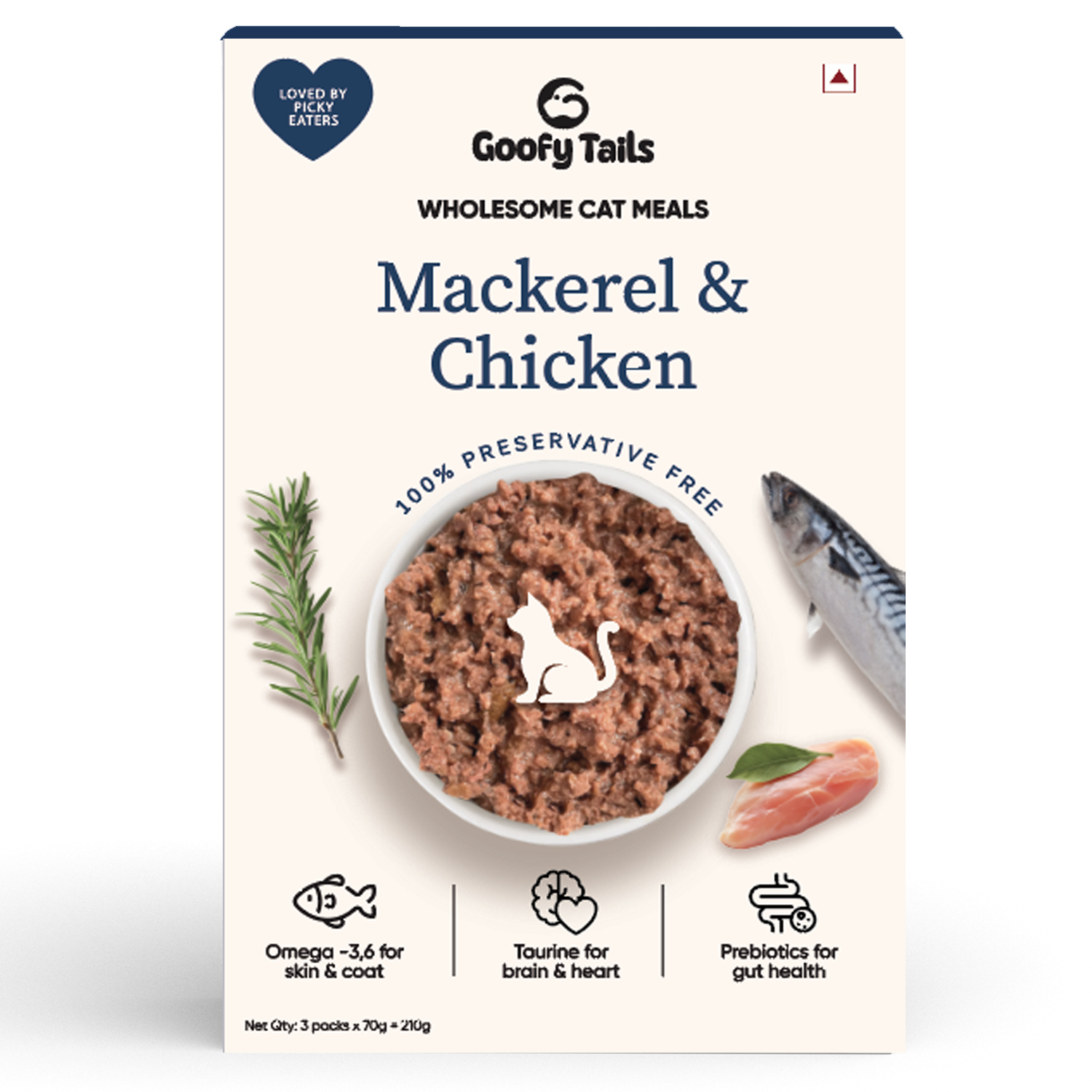The Importance of Taurine for Cats: Why This Amino Acid Is Essential

Cats are obligate carnivores, meaning their bodies are designed to thrive on a diet rich in animal protein. Among the nutrients that cats require from meat, taurine is one of the most critical. Unlike many other animals, cats cannot produce enough taurine on their own. This makes it an essential amino acid, something that must be supplied through diet. Without adequate taurine, cats face serious health consequences that can affect their eyes, heart, reproduction, and overall wellbeing.
What Is Taurine?
Taurine is a sulfur-containing amino acid naturally found in animal tissues, particularly in meat, fish, and organs like the heart and liver. Unlike humans and dogs, cats have a limited ability to synthesize taurine from other amino acids. This biological difference makes taurine a non-negotiable dietary requirement for every cat.
Why Cats Need Taurine
1. Eye Health
-
Taurine plays a crucial role in maintaining healthy retinas.
-
A deficiency can lead to feline central retinal degeneration (FCRD), a progressive and irreversible condition that causes vision loss and eventual blindness.
2. Heart Function
-
Taurine is vital for heart muscle health.
-
Deficiency can cause dilated cardiomyopathy (DCM), where the heart enlarges and struggles to pump blood effectively, often leading to heart failure.
3. Reproductive Health
-
Taurine supports fertility and normal fetal development.
-
Deficient queens (female cats) may face pregnancy complications, poor kitten survival, or developmental abnormalities in kittens.
4. Immune System Support
-
Adequate taurine levels strengthen immune defenses.
-
Taurine-deficient cats are more vulnerable to infections and slower recovery from illness.
5. Digestive Function and Bile Production
-
Taurine is essential for bile salt formation, which aids digestion and nutrient absorption, especially fats.
-
Deficiency can cause digestive inefficiencies and malnutrition even if calorie intake is sufficient.
Sources of Taurine for Cats
-
Meat and Fish: Chicken and seafood are excellent natural sources.
-
Organ Meats: Heart and liver are especially rich in taurine.
-
Wet Food: High-quality wet foods and grain-free diets often supplement taurine to ensure complete nutrition.
-
Bone Broth: A natural, nutrient-rich source that supports joint health, hydration, and provides essential amino acids like taurine for vision, heart, and overall vitality.
Signs of Taurine Deficiency
Pet parents should watch for:
-
Vision changes or night blindness.
-
Lethargy or weakness.
-
Rapid or labored breathing (possible heart involvement).
-
Poor coat quality and hair loss.
-
Reproductive issues in breeding cats.
If you notice these symptoms, consult a veterinarian immediately. Blood tests can confirm taurine levels, and supplementation may be prescribed.
How to Ensure Your Cat Gets Enough Taurine
-
Choose high-quality cat food labeled as “complete and balanced,” with taurine listed in the ingredients.
-
Opt for wet or fresh foods, as processing dry kibble at high temperatures can reduce taurine content.
-
Avoid feeding cats a dog food diet, dog food does not have enough taurine for feline needs.
-
For homemade diets, always consult a veterinary nutritionist to ensure proper supplementation.
Conclusion
Taurine is not just another nutrient; it is a lifeline for cats. From maintaining sharp eyesight to keeping the heart beating strong, taurine ensures that your feline companion thrives at every stage of life. By choosing taurine-rich, species-appropriate diets, like Goofy Tails’ wholesome meals, you give your cat the best chance at a long, healthy, and vibrant life.








Leave a comment